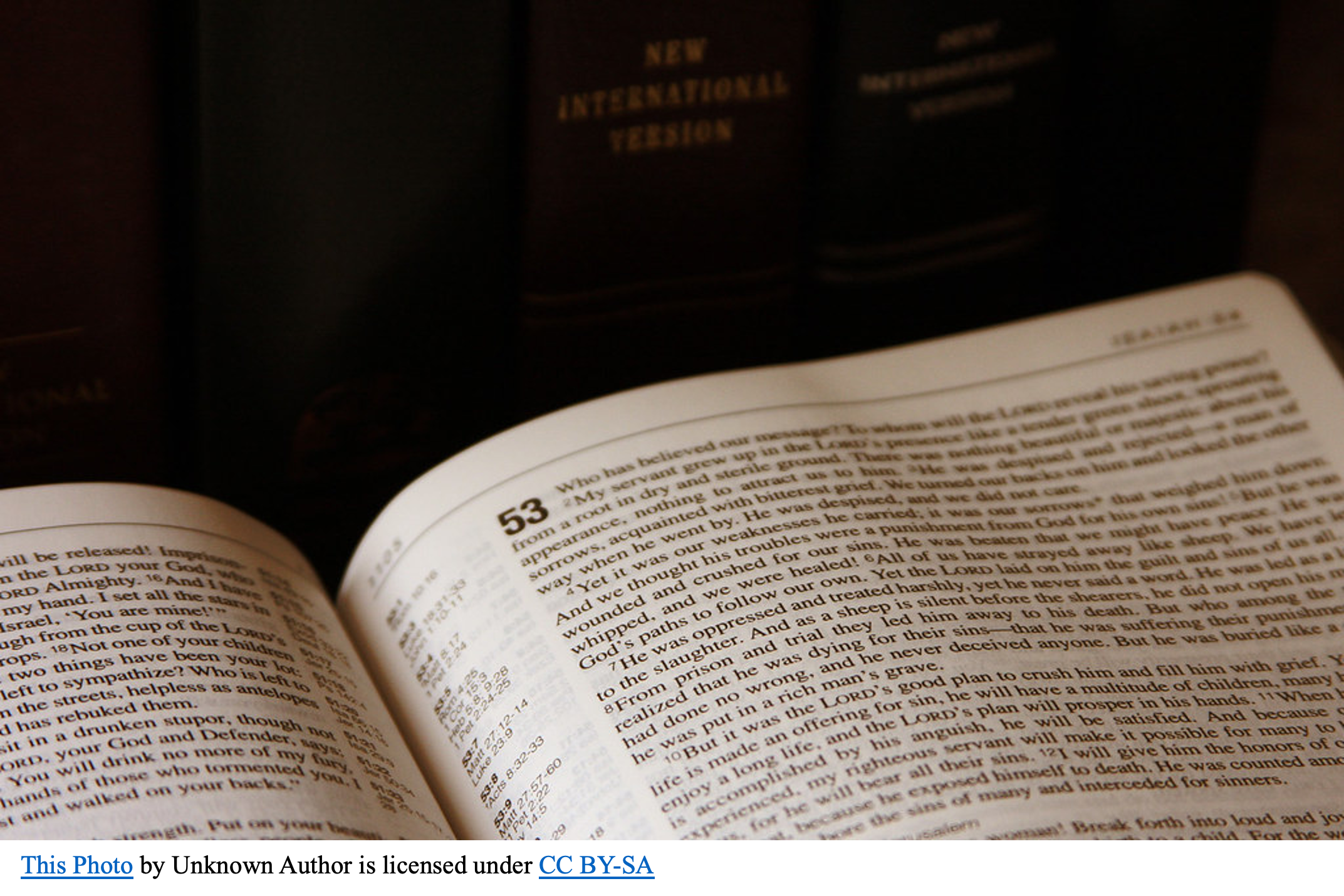By Daniel Sloan, Ph.D. | August 13, 2023
Throughout the history of the church, one of the major tools used in apologetics was the area of predictive prophecy. Throughout the New Testament, one of the major arguments that Jesus was the Messiah was that He fulfilled the various prophecies of the Old Testament. Jesus Himself made this argument in Luke 24:44 when He stated, “Then He said to them, ‘These are the words which I spoke to you while I was still with you, that all things must be fulfilled which were written in the Law of Moses and the Prophets and the Psalms concerning Me’”. The New Testament authors built on this foundation and dozens of times attributed Old Testament prophecies as being fulfilled by Jesus during His ministry, death, and resurrection. Indeed, Michael Rydelnik has stated that, “Affirming the messianic hope is the apologetic linchpin in the New Testament for proving that Jesus is indeed the promised Messiah. For this reason, the apostles, church fathers, the medieval churchmen, biblical theologians, apologists, and missionaries have all recognized the importance of messianic prophecy.”[1]
The Change in Rabbinic Traditions
However, the idea of Messianic prophecy as a legitimate form of apologetic argument began to change in some circles with the advent of the Enlightenment and the rise of critical scholarship. This occurred for three primary reasons: the change in Rabbinic traditions, the rise of textual criticism and the elimination of the supernatural. First, beginning with Rashi (1040-1105 AD) Jewish thoughts on many Messianic passages began to change. Prior to Rashi, there were many Jewish rabbis who would still look at many Old Testament passages as Messianic in nature, although they would argue against Jesus as the fulfillment of the passage. However, Rashi saw that this was leaving the door too open for Christian apologists to convert Jewish people and began to argue that these passages were not Messianic but were either fulfilled in the Old Testament or in the history of Israel as a nation. For example, the Suffering Servant of Isaiah 53 was not a reference to a future suffering Messianic figure, but instead was a description of Israel’s suffering throughout history. Rashi and others in his camp thus eliminated a long-standing Jewish interpretation in many of these Messianic passages.
It took some time for this position to take root, but by the time of the Enlightenment around 1700 A.D. this was essentially the only view within Judaism on these passages. Thus, when scholars during the Enlightenment looked at these passages, they would argue that they were not talking about Jesus because the Jews did not view them as Messianic and, after all, it was “their Bible” so they should get the final word on its interpretation, completely ignoring the long Jewish traditions before Rashi that accepted a more Messianic position. Critics today will even go so far as to argue that the apostles and the church fathers “hijacked” the Old Testament to make these passages “appear” to point toward Jesus even though they never did in their original context. This dramatically changed how many viewed many of the most common Messianic passages in the Old Testament, including Genesis 3:15, Isaiah 7:14, Isaiah 9, Isaiah 53, and many others.
The Rise of Textual Criticism
Second, the rise of textual criticism also played a role in attacking this apologetic argument. Critical scholars would not accept traditional authorship views on books such as Isaiah, Daniel, Genesis, etc., instead arguing that those books were written much later after the time that they are presented in the text. This destroyed many of the predictions presented in those passages as legitimate prophecy. In their view, Isaiah did not predict the coming of Cyrus by name 150 years in advance (Isaiah 44-45), but a different author simply added that after Cyrus had already freed the Jews from captivity. Daniel could not have predicted the rise of the Persian and Greek Empires in incredibly strong detail (Daniel 7-12), so it must have been written around 150 B.C. after these events had already occurred. Thus, the Old Testament prophetic books lost most of their predictive power that could be used in apologetic arguments.
The Rise of Anti-Supernaturalism
Third, with the rise of the Enlightenment and critical scholarship also came the rise of anti-supernaturalism within scholarship. Anything that resembled any type of miracle, including predictive prophecy, was quickly abandoned as impossible. While this push initially stayed in critical scholarship, its impact is now felt even in the Evangelical world. Many Evangelical theologians will no longer hold to traditional positions on predictive prophecy. They have simply abandoned predictive prophecy as a legitimate form of argumentation.
Conclusion
This has now bled strongly into the apologetic world. For centuries, predictive prophecy had been one of the major tools in the apologist’s toolkit. Today, many apologists will not even bring up the idea of predictive prophecy when they make their arguments for the Bible, fearing that they will not be taken seriously because of the push against this view. This is a very short-sighted position. As apologists and defenders of God’s Word, we should use every tool in our apologetic toolkit, especially one that has been used for centuries throughout church history. Predictive prophecy played a very important role in both the Old and New Testaments to validate God and His Word and should play just as vital a role in our own lives.
About the Author
Daniel Sloan is an Adjunct Professor at Liberty University. He was mentored by the late Dr. Ed Hindson. After Dr. Hindson’s untimely passing, Dr. Sloan was allowed to teach some of Dr. Hindson’s classes. In addition to his teaching duties, Dr. Sloan serves as an Associate Pastor at Safe Harbor Community Church in Lynchburg, Virginia. Daniel graduated with his PhD in Theology and Apologetics from Liberty University. His research and expertise is in Old Testament studies. He and his wife, Natalie, live in Lynchburg, Virginia. Along with his extensive knowledge of the Bible, Daniel is an avid sports fan.
Notes
[1] Michael Rydelnik, The Messianic Hope: Is the Hebrew Bible Really Messianic? NAC Studies in Bible and Theology (Nashville: B&H, 2010), loc. 529.
Click here for another article by this author:
Copyright, 2023. Bellator Christi.






